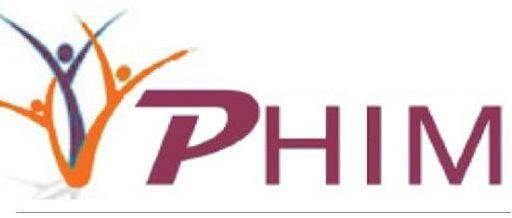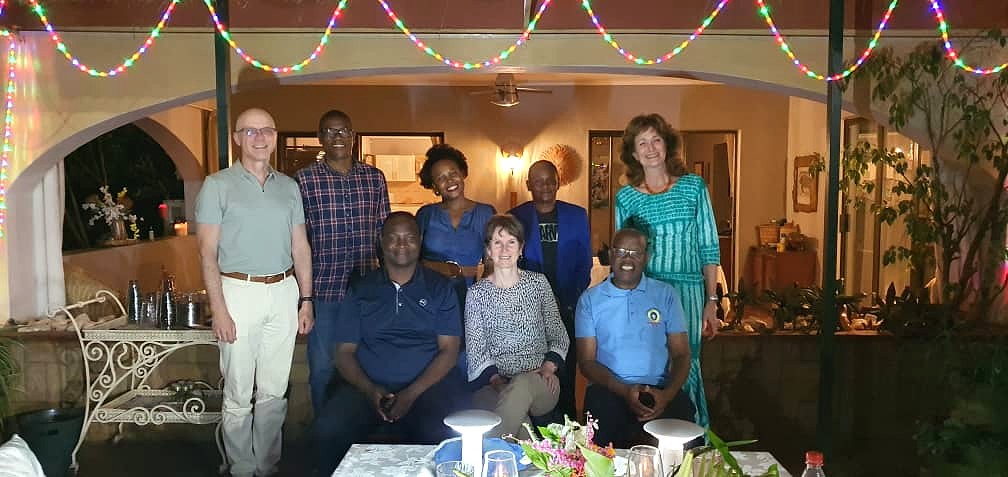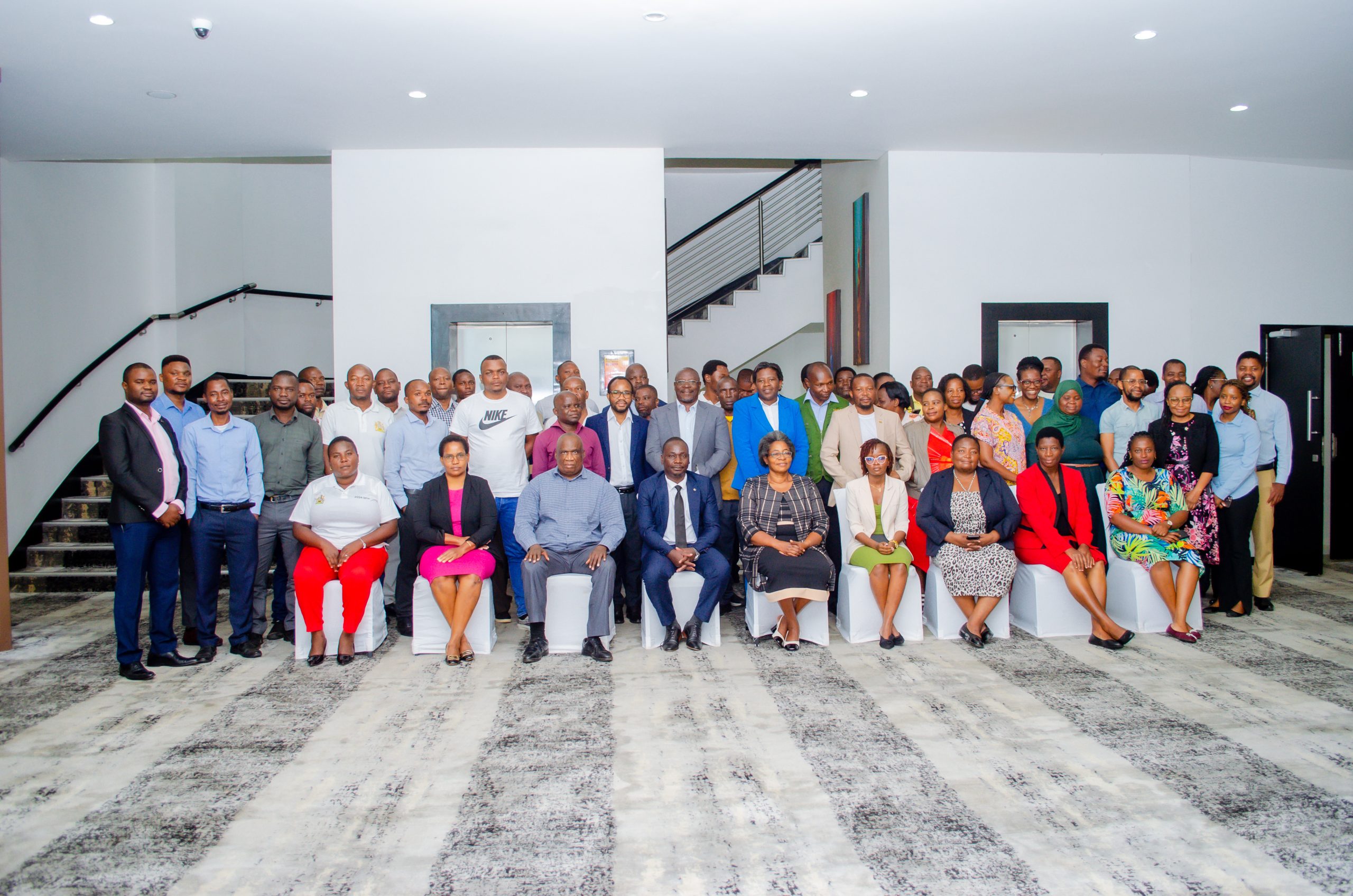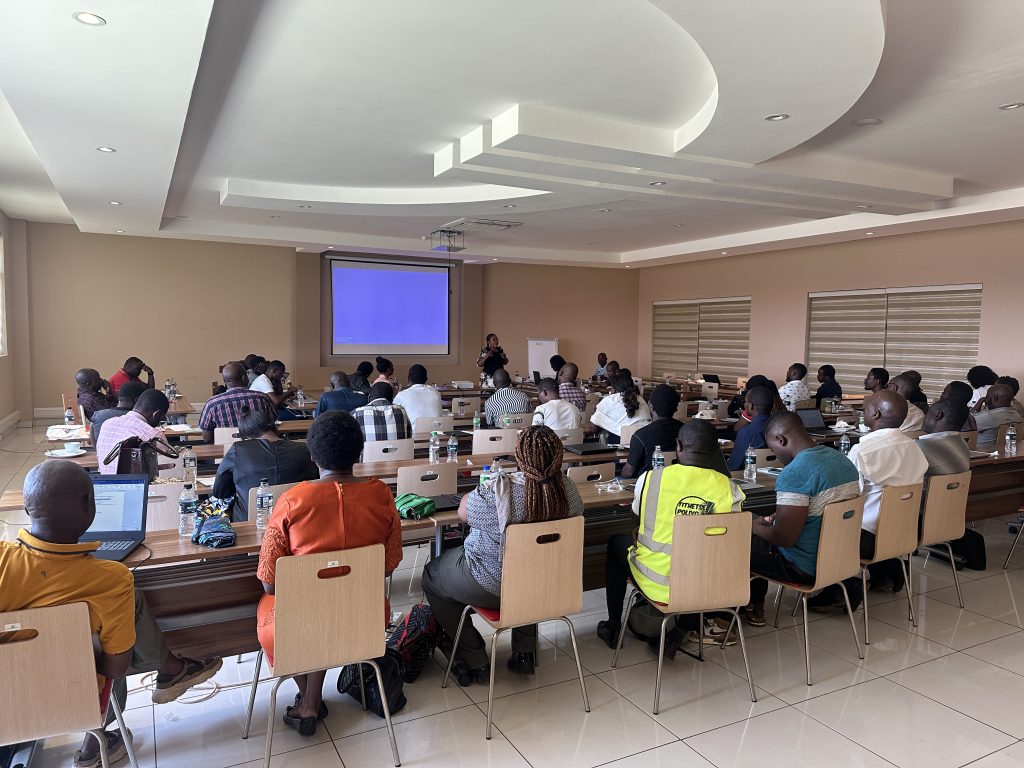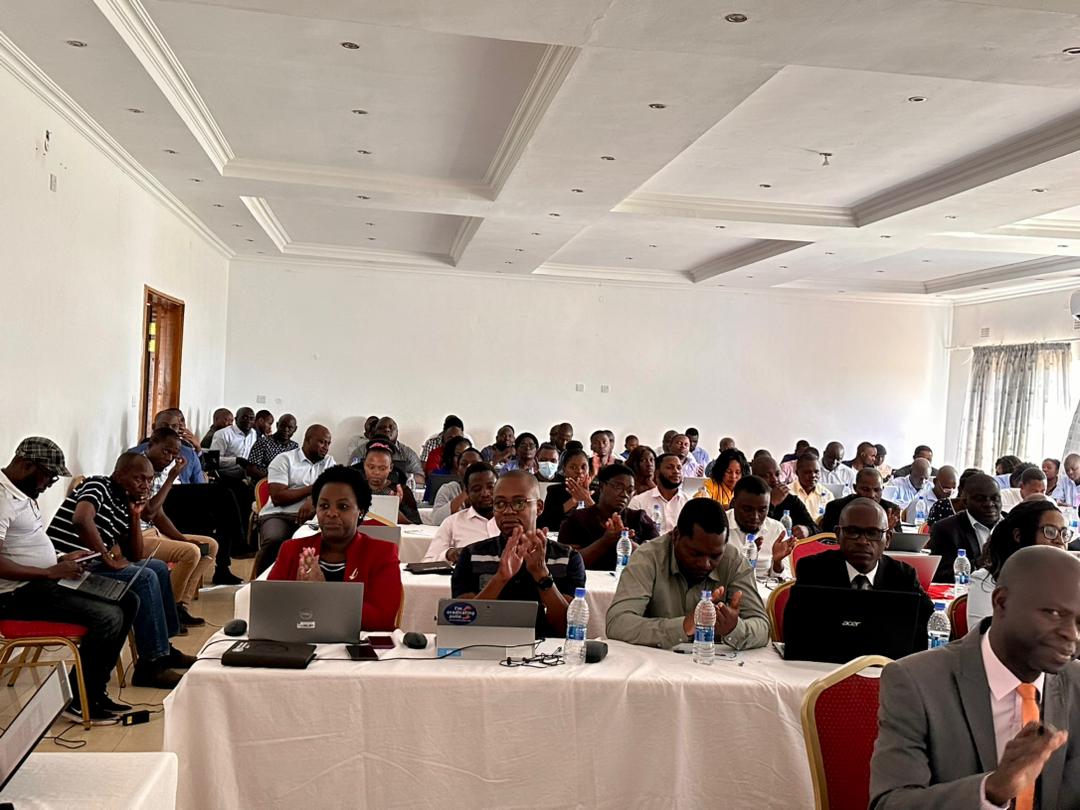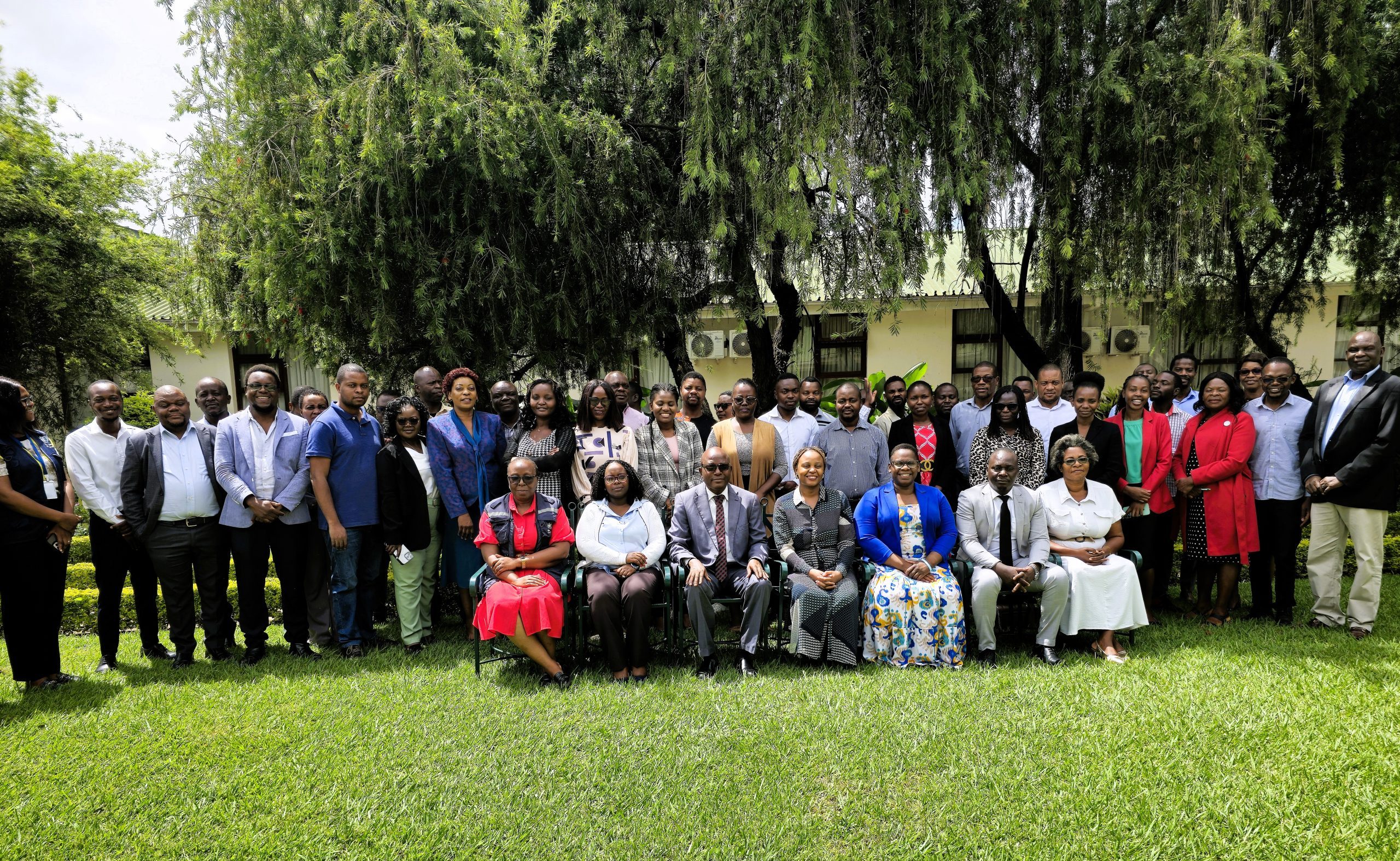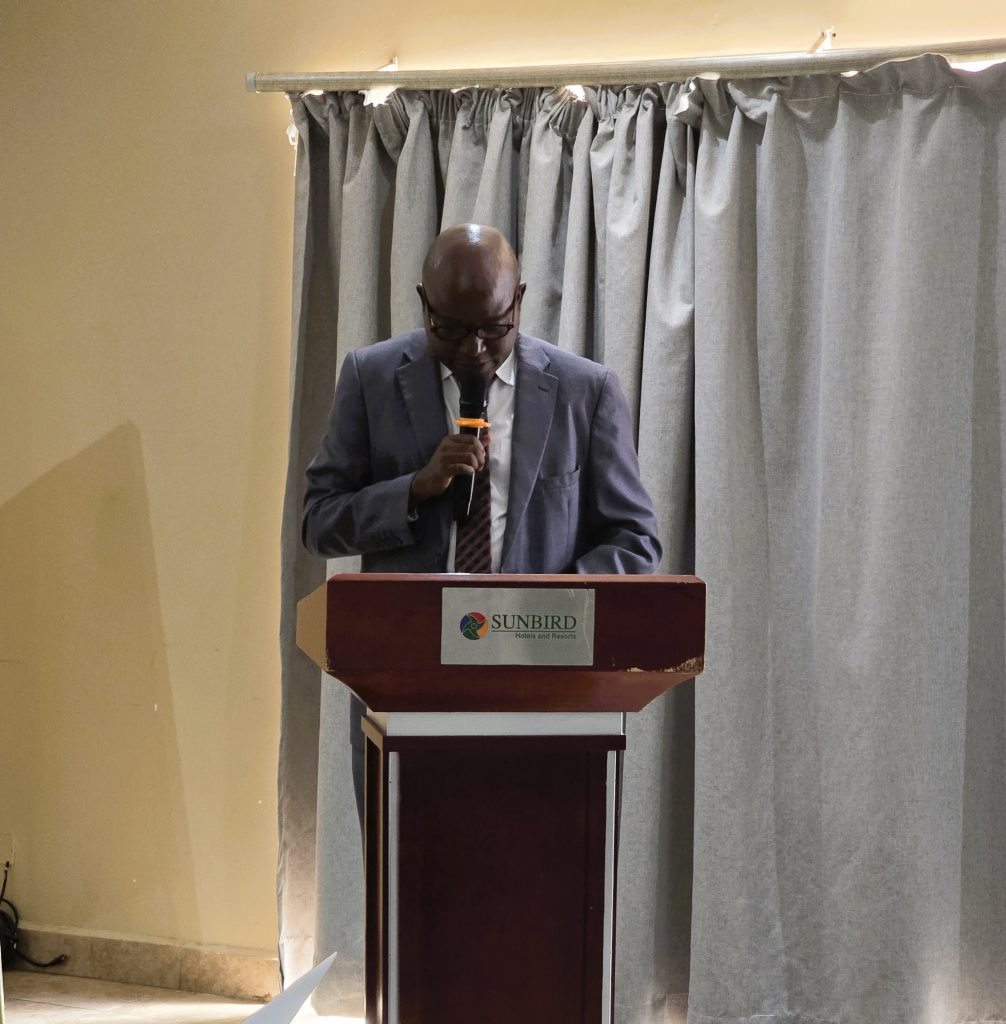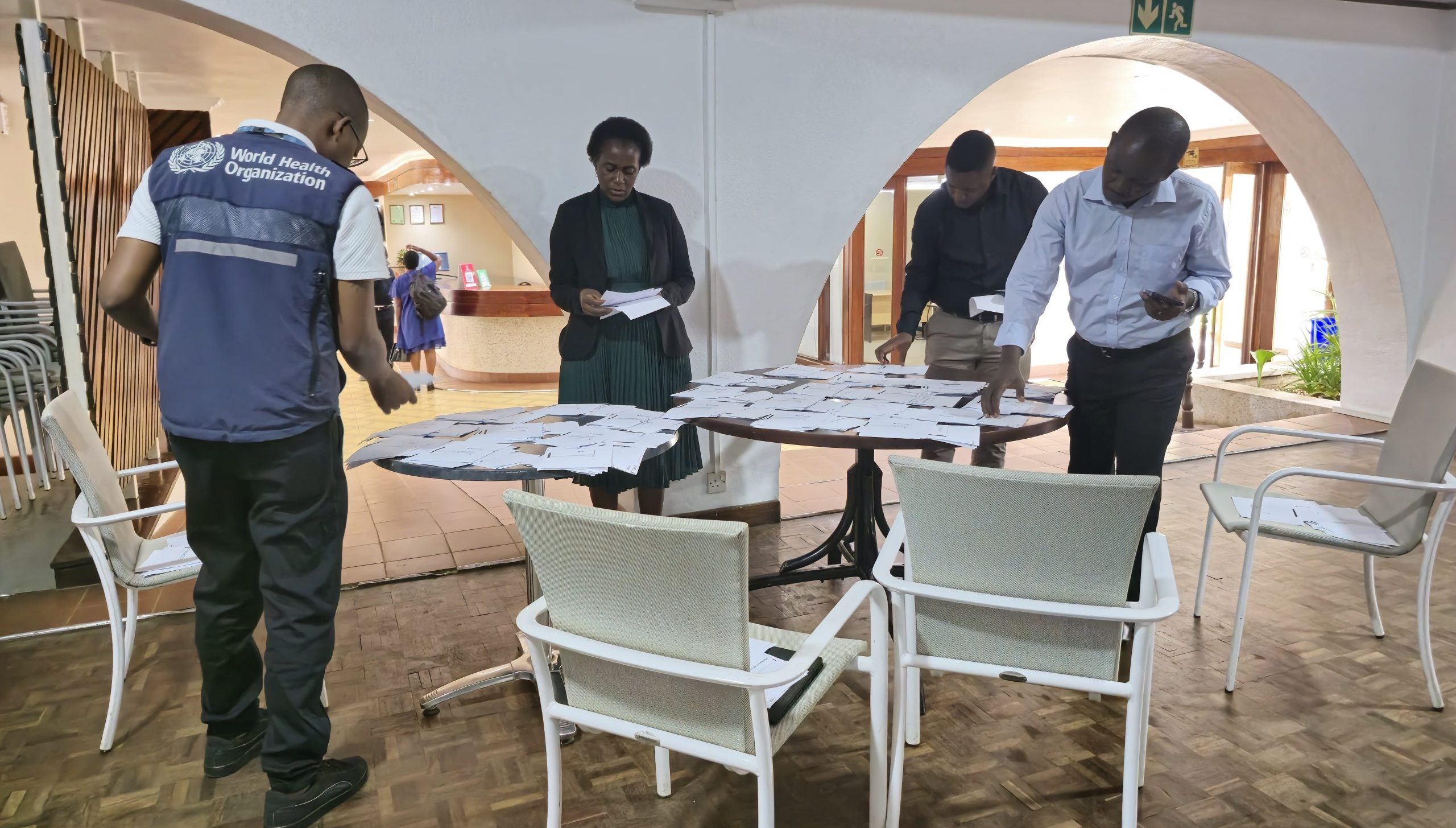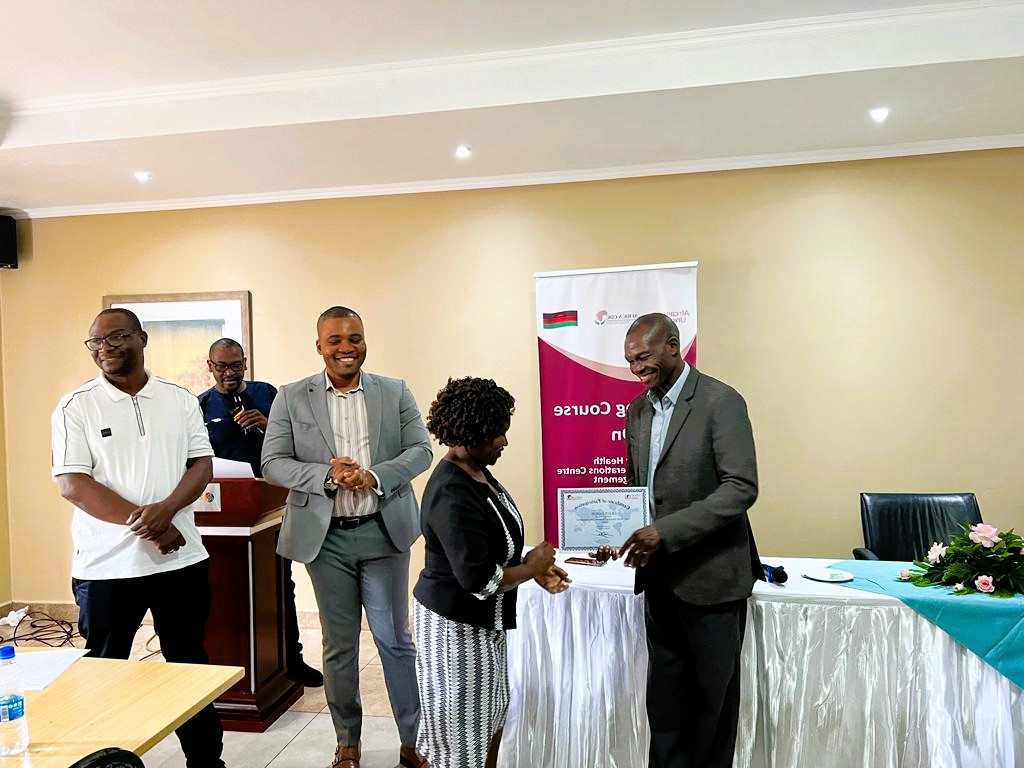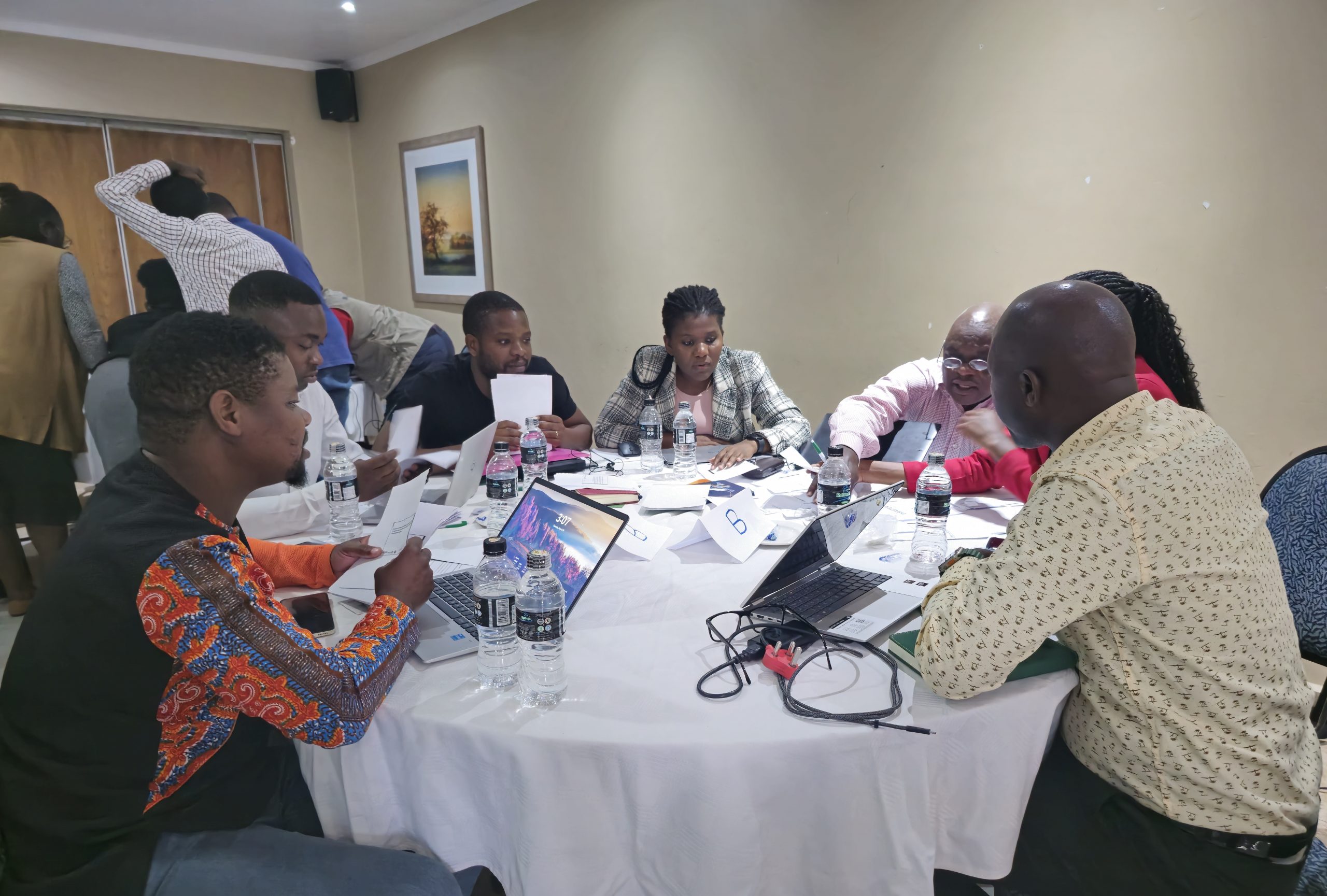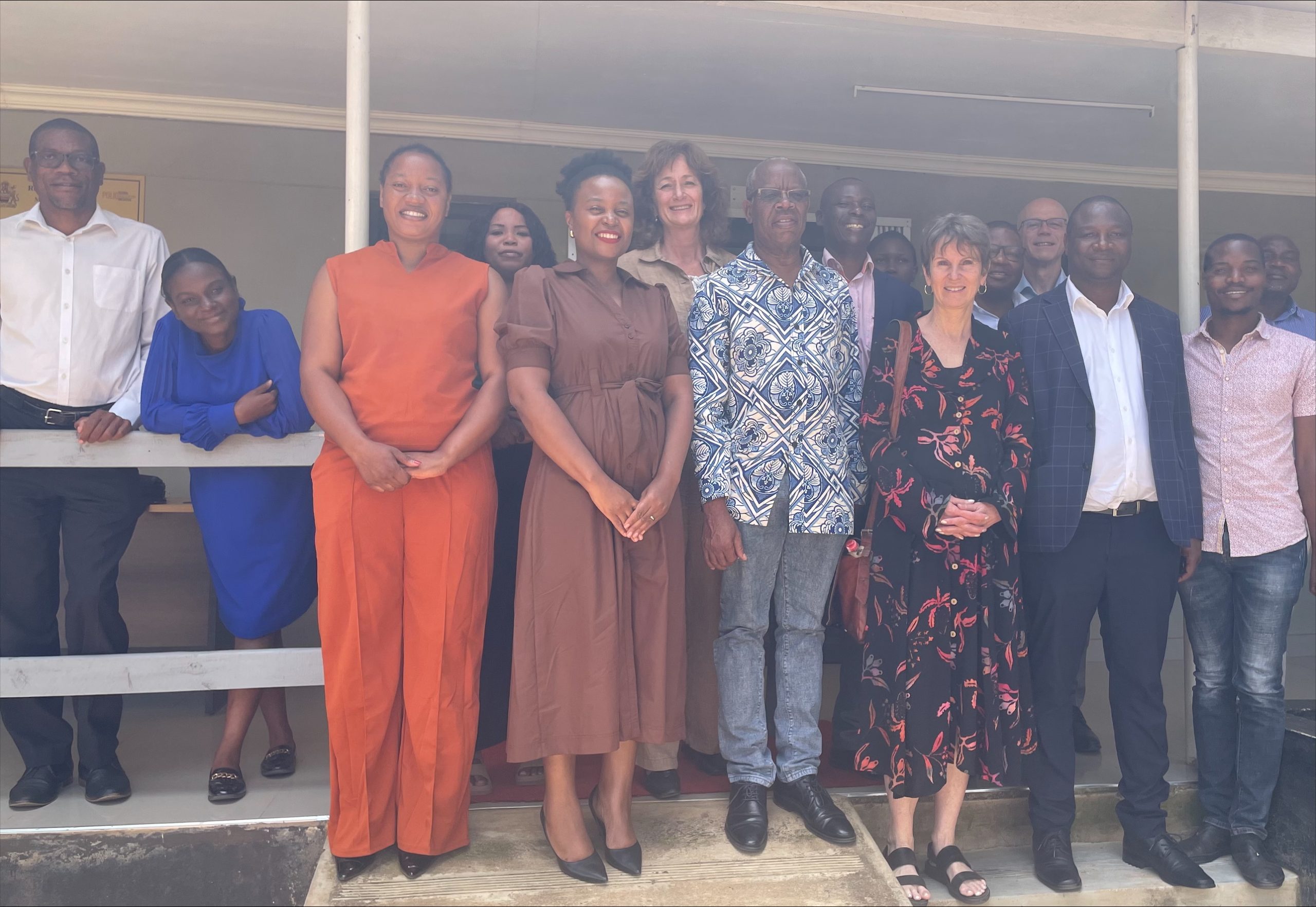
NIPH VISITS PHIM
by
Moses Nyambalo Phiri in collaboration with Dr. Trude Arnesen and Settie Kanyanda.
The Public Health Institute of Malawi (PHIM) recently welcomed Dr. Guri Rørtveit, Director General of the Norwegian Institute of Public Health (NIPH), for a significant visit aimed at strengthening the enduring partnership between the two institutions.
During her meeting with PHIM Director, Dr. Matthew Kagoli and his team, Dr. Rørtveit expressed admiration for the vital public health work being conducted in Malawi. “I am impressed to see the important work that is being done at PHIM and the longstanding collaboration between our two institutions,” stated Dr. Rørtveit.
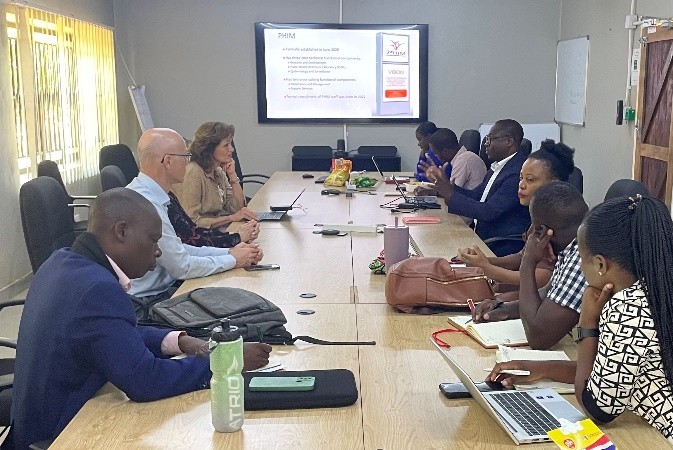
Meetings with leadership and employees at the Public Health Institute of Malawi.
The relationship between PHIM and NIPH dates back to 2007, when the International Association of the Public Health Institutes (IANPHI) initially fostered a connection by designating them as “sister institutes.” This enduring partnership is currently exemplified by the “Building public health Institutions and systems Stronger” (BIS) project. Supported by the Norwegian Agency for Development Cooperation (Norad) and projected to continue for at least four more years, the BIS collaboration focuses on critical areas including Integrated Disease Surveillance, comprehensive capacity building (which notably includes support for a new competency-based medical specialty in public health), enhancing biosafety and biosecurity measures, and providing overall institutional support to PHIM, as detailed by NIPH’s Dr. Trude Arnesen during the visit.
The productive visit in Lilongwe, which included valuable interactions between leadership and staff from both institutes, Dr. Rørtveit and Dr. Kagoli traveled together to Maputo, Mozambique. There, they participated in the annual meeting of the International Association of Public Health Institutes (IANPHI), further demonstrating their joint commitment to advancing public health on both national and international stages.
